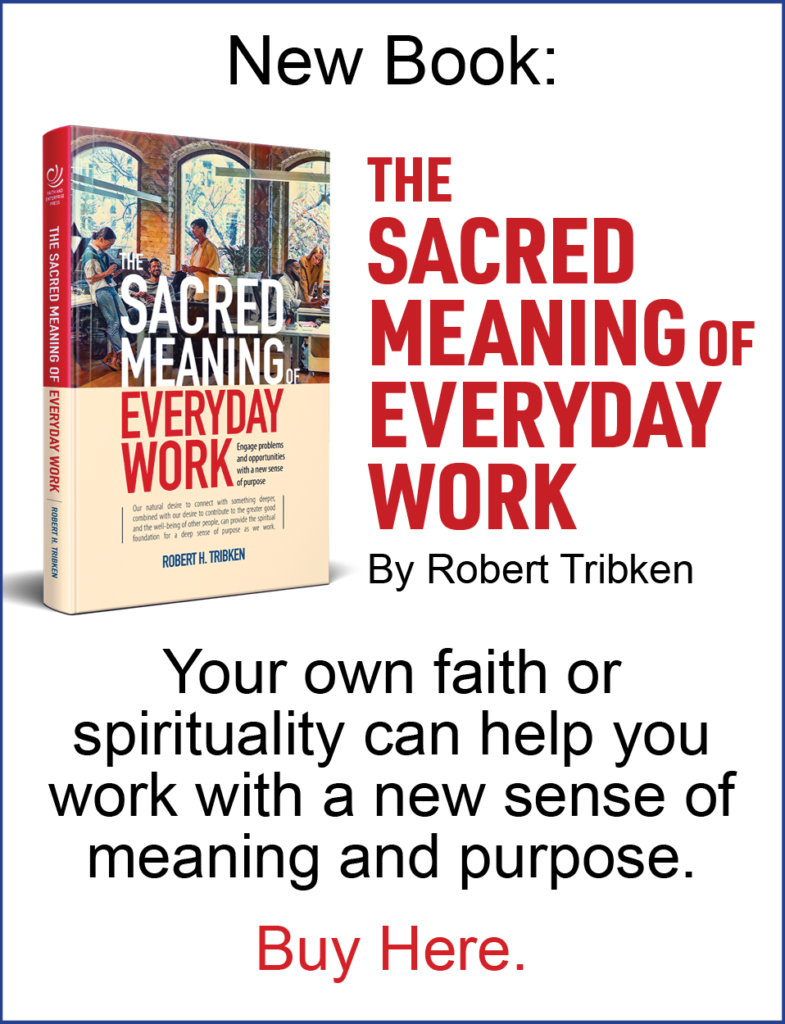 Underlying much of the “faith and work” movement and many of the books on the subject is the assumption that religious people want to connect their faith and their work. In a recent presentation to the Society for the Scientific Study of Religion, Rice University sociologist Brandon Vaidyanathan questioned this assumption and made some very interesting observations based on his research.
Underlying much of the “faith and work” movement and many of the books on the subject is the assumption that religious people want to connect their faith and their work. In a recent presentation to the Society for the Scientific Study of Religion, Rice University sociologist Brandon Vaidyanathan questioned this assumption and made some very interesting observations based on his research.
Vaidyanathan studied professionals who work for multinationals in Dubai and Bangalore and who profess a faith (many were Christians from the Phillipines and India, but I think his observations have applicability in the West as well). His interviews were designed to resolve the issue: why do people leave their faith at the door of their work?
During his presentation, he raised the provocative issue that perhaps people usually see faith and work as two competing spheres with separate devotions and would actually prefer to keep them separate.
I think he is on to something important, but I think the problem is not so much that there is a necessary conflict between faith and work, but rather how we understand (or misunderstand) the nature of one or the other or perhaps both.
How We See Our Work and Our Faith Matters
If we see our work in business primarily as a way to make money, to survive economically, or to achieve or maintain social status, then we might not want to encumber it with our faith. Or if we see our work as a zero sum game where we benefit only if someone else is diminished, then we are less likely to see the value of faith-based values for building community and productive collaborative relationships.
Likewise, if we see our faith as primarily about endorsing the right beliefs about God, an afterlife, or salvation, or about joining the right religious tribe, then it is not likely to have much constructive application to our work.
On the other hand, if we see our work as our calling and business as a way to help build a better future, then we will probably be more open to the possibility that our faith and our spirituality can legitimately inform and support our work, and to the idea that it can help us build healthy community and productive relationships in pursuit of mutual objectives.
The two keys, it seems to me, are to have an appreciation for our work as a value creating process for ourselves and others, and to view our faith and spirituality as something that is not limited to the religious realm but can inform and support our entire lives, including our work lives. If we can do these and, of course, behave accordingly, we will be more likely to see how our work and our faith can be connected and mutually supporting.
Note: For those interested in more on this topic, Vaidyanathan is working on a book detailing his research and observations. Watch for it — it is bound to be good.

